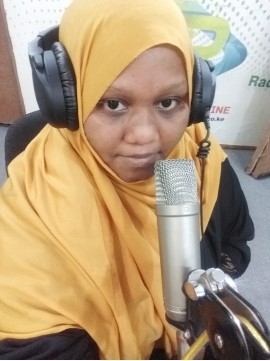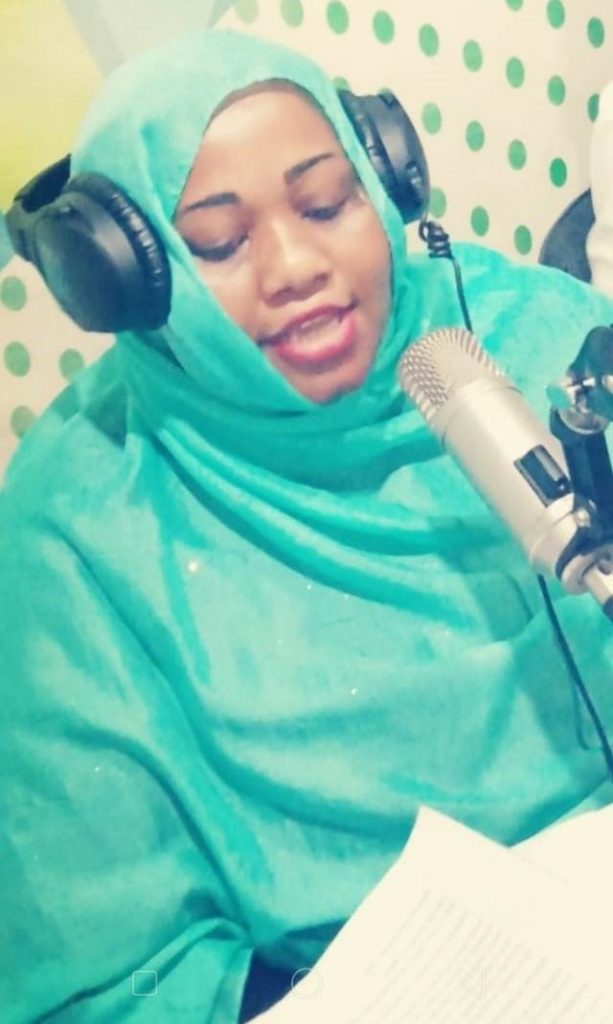Mombasa residents slowly come to terms with Covid-19

It’s taken a while but Mombasa residents are reluctantly accepting that Covid-19 is spreading among them and putting their lives and health at risk.
Initially slow to accept the virus’s existence and the danger it posed to their lives, the residents of Kenya’s coastal city are only lately coming to accept that there might be danger lurking in the companies they keep and the streets they walk. As a matter of fact, some are still loudly insistent that the virus is not a reality. An example is Musa Hau, a travel agent, who says he does not believe the Novel Corona virus exists.
A faithful listener to Rahma FM, Mr Hau bases his denial of the existence of the virus on not having witnessed any sickness or death. “Cancer and HIV exist but I have not seen the evidence that Corona virus does. Besides, when using the ferry to go to and from the island, we are pushed to stand shoulder to shoulder. I have never seen anyone fall sick or die. I don’t believe the virus is real. And I’m not the only one. A lot of us in the city of Mombasa have come to the conclusion that the disease is an excuse government officials are using to siphon away public funds,” Hau says.
When he claims that he is not the only one holding this view that runs counter to scientific and medical evidence, Hau is engaging in hyperbole. Not every resident of Mombasa dismisses the danger posed by the virus. But the existence of views such as Hau’s might help policy makers fine-tune their approach and repackage the information afresh. For instance, are Hau’s views influenced by his economic status?
“There’s no work. I’m a travel agent. I help people travel by ship, air, rail or aeroplane. I used to have a lot of clients travelling to Arab countries. Right now there is no client. People are not travelling. I’m desperate for money. And yet government officials are just stealing money. They want us to stay home so they can steal,” Hau says.
Perhaps there is something in his views. He constantly refers to a widely-publicised event in which President Uhuru Kenyatta, on August 10, 2020, was caught on camera addressing an unscheduled public gathering. The pictures show crowds of people pressed together in total disregard of social-distancing rules, some of them maskless. “If Covid-19 were true, wouldn’t our leaders obey those rules,” Hau says.
On being asked if he has ever heard of the Tumaini Hewani broadcasts, he responds that he is a big fan of Radio Rahma and he listens to the Covid-19 messages. He doesn’t believe them however, he says. When I ask for his picture to go with his views, he asks for money. “Please put for me some money on M-pesa then I’ll give you my picture,” he says. I didn’t get his picture. Through Radio Rahma I was able to get to a community leader and a regular listener to the Tumaini Hewani broadcasts, a man who famously goes by the name “Former Councillor.”

He turned down the interview. “Pay me first and I’ll give you my views. They’re very good views,” he adds unhelpfully. I ask him why he thinks his views as a community leader have to be purchased monetarily. His response: “All the Covid-19 money is in Nairobi. We just hear of how government officials are stealing it. We are starving. You are in Nairobi. Get some money, send it to me and I’ll give you my opinion.” And with that he hangs up on me.
Though prevalent, this disposition is by no means universal. Radio Rahma presenter Nasra Said Mkali lets me listen in to some of her radio moments. In one, a listener called Onesmus Mwaboza confesses to having held the same sceptical view of Covid-19 information. “After the radio messages, I thought about the deaths, the job losses, the shutdown of the economy and I concluded that it cannot all be lies,” he says. Since that realisation he has been wearing his mask and doing his best to keep off crowds.
Nasra perceives that the economic difficulties emanating from Covid-19 are driving people to be disinclined to following the protocols. “I have a talk show every Tuesday from 5pm to 6pm when we air the Covid-19 messages. The response from the public is massive. After we ran the first Tumaini Hewani broadcasts, I went to a matatu terminus to interview the drivers on the impact of the messages on them and what they thought about them. Their biggest concern was that the government should open up the space so economic activity can restart.
She also saw evidence that the message is capturing public imagination when she attended the burial of one of the radio station’s listeners. “A few weeks ago at Mariakani area I attended the burial of an avid fan of our programmes,” Nasra says. “I was impressed that those in attendance carried their own sanitisers and strictly observed social-distancing rules. When I conversed with them I realised that they were listening to the radio programmes and appreciated the information.”
In Nyali, Nasra saw youth who were chewing khat (miraa) while socially-distancing. And as soon as they finished, they donned their masks. She found this behaviour a major improvement on the cynical outlook many of them had held before the Tumaini Hewani broadcasts began.
Although Nasra notices a reluctance by mothers and pregnant women to seek essential services at public health facilities, she says on the whole the Tumaini Hewani messages have shifted the public towards taking greater responsibility for their individual safety.
Our Services
Brochures
View our Centre for Behaviour Change and Communication Portfolio.













